Listen to Podcast Now:
Have you ever wondered how to dazzle job interviewers when they ask, “Can you walk me through your resume?” Join career expert and award-winning author Andrew LaCivita as he discusses walk me through your resume: best way to respond!
Sad for them, but you should be doing back flips!
It is probably one of the dumbest ways for a job interviewer to open up the interview, but it is one of the best things that could possibly happen to you.
You might be puzzled. I know there are a lot of you out there puzzled because I get the emails and I get the questions on my YouTube channel and blog.
You’re wondering how to answer this. You say, “Ugh, I’m not sure where to start. I’m not sure what to say. I’m not sure what to share. I don’t want to share the wrong things.”
What you should be thinking is, “Yes. Thank you Mr. Unskilled Job Interviewer for lobbing me that sweet softball question so I can now totally control the interview and dazzle you with my professional highlight reel. So buckle up and prepare to be amazed.”
That’s what should be going through your head because you now get to offer up whatever it is you want to share.
Do’s, Don’ts, Always, and Never-Evers…
Before we get into the “here’s how,” I want to talk a little bit about the do’s and don’ts to get you positioned in the right spot before you walk them through.
First thing I want you to do is [it’s actually before the interview ever starts, day before, week before, whenever it is, I want you to] look at your resume!
1] Look at the job description and determine what areas or activities or accomplishments in your resume most closely align and best suit you to do that role effectively. Think about those.
Grab this tool to help you: Career Achievements Journal: 14 Points That make You Marketable, Get You Promoted, and Accelerate Your Career.
It’s got 14 great areas to investigate about any major project you do in your professional career.
It’ll provide questions to ask yourself and information to gather that will be wonderful to share [whether with your current employer or a perspective employer].
I want you to think through the resume and how it aligns to what it is they need in an employee. That’s the first do.
2] The second “do” is make sure you bring a copy of your resume to the job interview.
It’s something a lot of people forget to do, but here’s why you need it.
You cannot be sure the job interviewer’s actually going to have a copy. Even if he or she does have a copy, it’s highly likely they have not read it. I know it’s sad, but it’s true.
They’re that lazy, which is why they asked you to walk them through it. They want you to read it to them. Extra sad face.
3] You also want to make sure before you start you know what direction to go. Ask them.
There are basically three directions you can go through this exercise.
- You can start at the beginning of your professional life and walk them through your resume up to today. Ask them, “Do you want me to start at the beginning and bring you current?”
- You can start with today and go in reverse chronological order and work backwards to the beginning of your professional career.
- You can cherry pick those areas for them to determine whether you’re a good fit for the job and have best prepared you for the role?
They’ll probably want you to go from the beginning of time to today, but regardless of which direction, you’ll know.
4] Don’t read them what’s on the resume. Don’t look at your resume and start reading. You’ll be very dry.
5] Don’t [just] talk about the activities you have on the resume. You’ll lose them. You’ll lose their attention. It’s not that exciting what you were responsible for.
Here’s how to roll…
Once you know what direction they want you to go (most of them are going to want you to go from the beginning of time till today), start going through your resume.
When you start at the beginning (now for many of you I know that was 10, 20, or 30 years ago) remember not all the information on your resume is created equal in helping you get that job. It’s not all as relevant.
For those areas, especially the ones at the beginning of your career, I want you to walk through those very, very quickly.
If I was interviewing and someone wanted to interview me for a practice leadership position and asked me to walk them through my resume, I might say, “I got out of college and started working as a programmer and then I became a designer and then I started managing projects that implemented software solutions.”
That took me [less than] 10 seconds to go through five years of my career because it’s not very relevant!
But, they asked you to start there so that’s what you want to do. You want to go through the less critical areas very quickly.
Then, when you get to a spot in your career where you think you have a home run accomplishment or achievement, take your opportunity to shine.
Give them context on what was happening in that project. What did you do? What was the business benefit? Who were you doing it for? Who were you doing it with? How much money did you save them? How much revenue did you generate them?
Get the career achievements journal I mentioned earlier to help you tell that story. It’ll help bring context and color.
Then move onto the next one and so on and so forth.
Oh. I know what you’re thinking…
You might be thinking, “Andy, I could go on for an hour talking about myself, my resume.”
GOOD!
Good, go do that. You get to script exactly what it is that you want to say.
You might be thinking, “I’m not really sure. Maybe I’m running off at the mouth. I might bore them.”
There’s ways after you hit each major area in your resume, just take a pause, look over to the interviewer and just say, “Is that enough there? Did you have anymore questions about that? Did you want to discuss that any further? How am I doing? Should I go onto the next point?” Just do what you need to do to give yourself a quick break.
The fact of the matter is they turned control of the interview over to you so you now get to blueprint the dialogue that occurs.
You get to tell them what you want to tell them, not what they want to ask you. That’s the wonderful thing about getting asked that question early in the interview.
If you want to learn more about how to respond to their questions or how to tell stories in a job interview, check out my free webinar called 3 Keys to Ace Any Job Interview. It’s free.
If you liked the video, give me a LIKE, a COMMENT, and a SHARE!


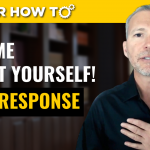
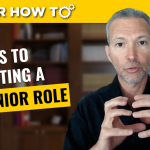
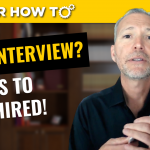
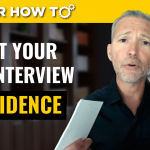
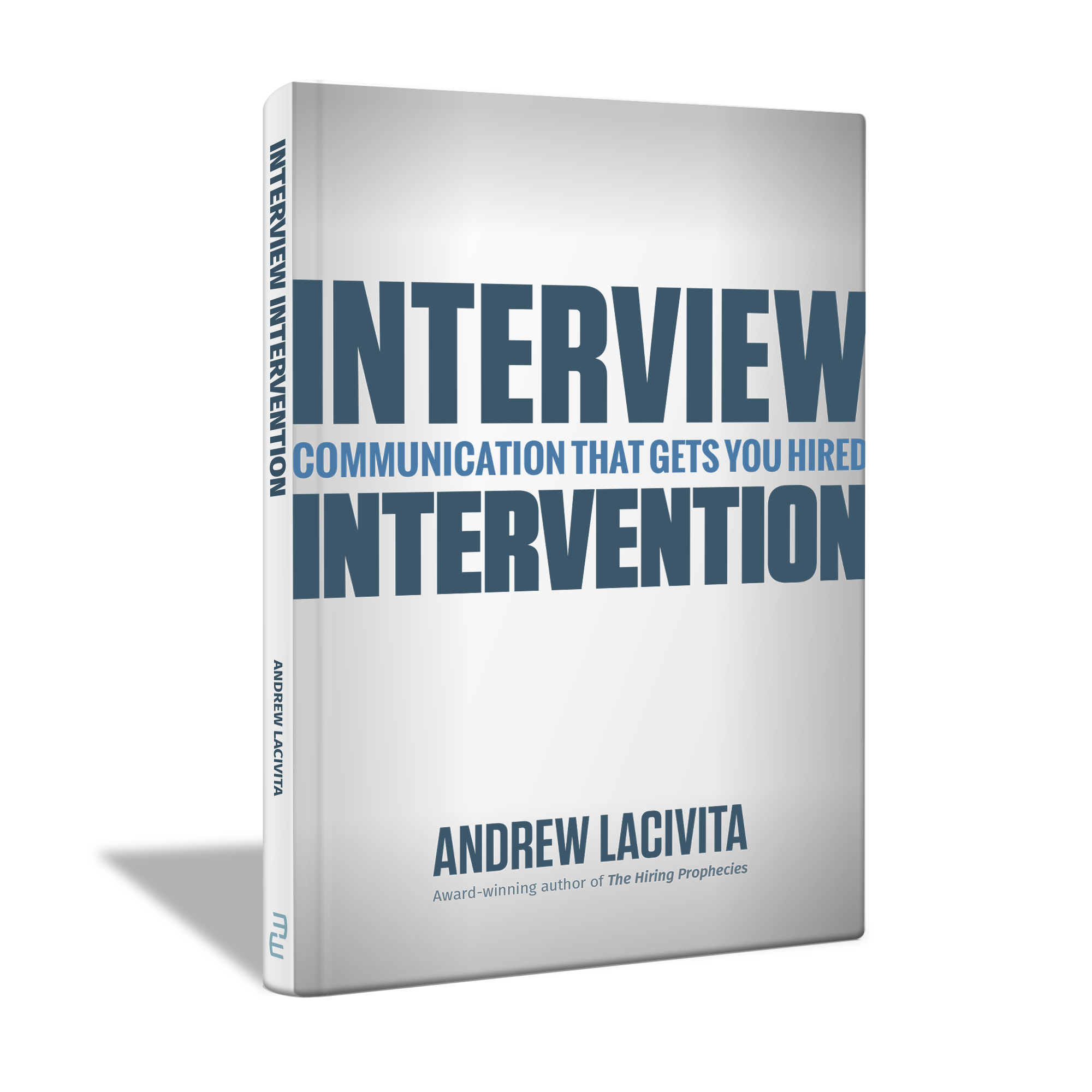
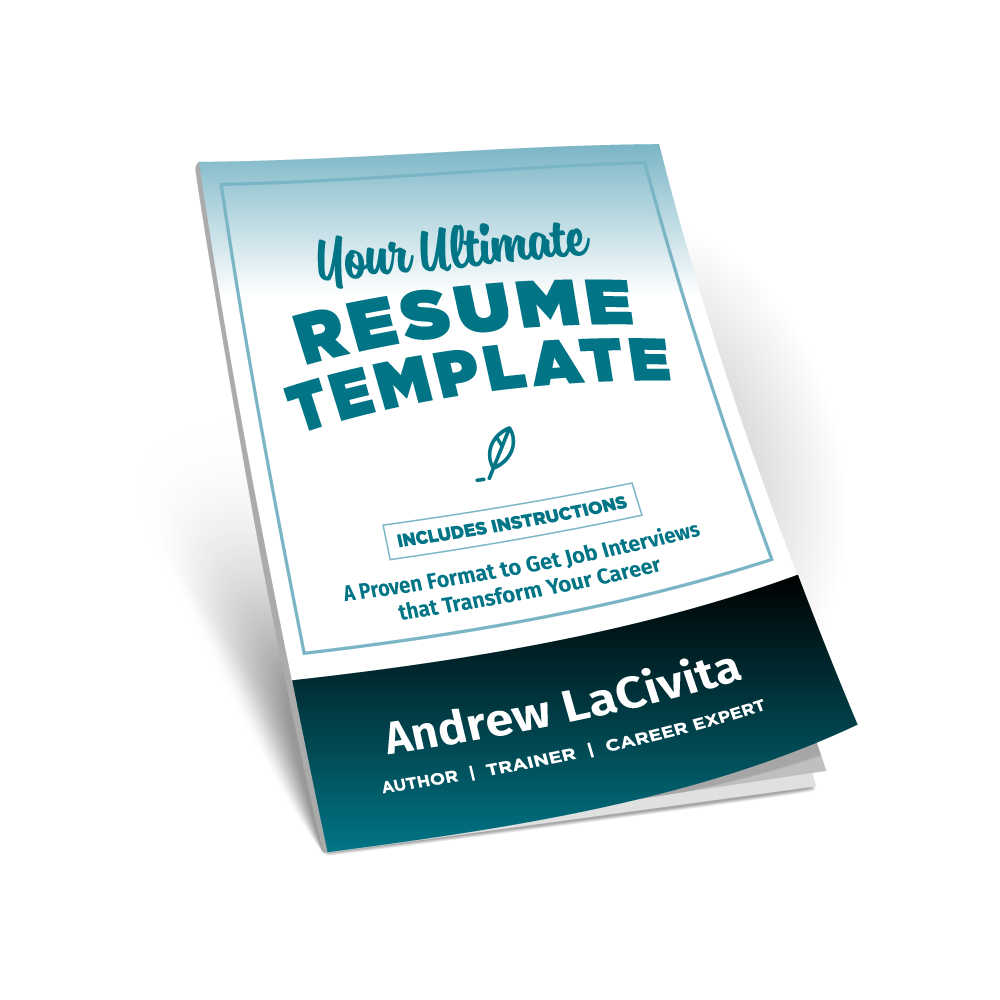
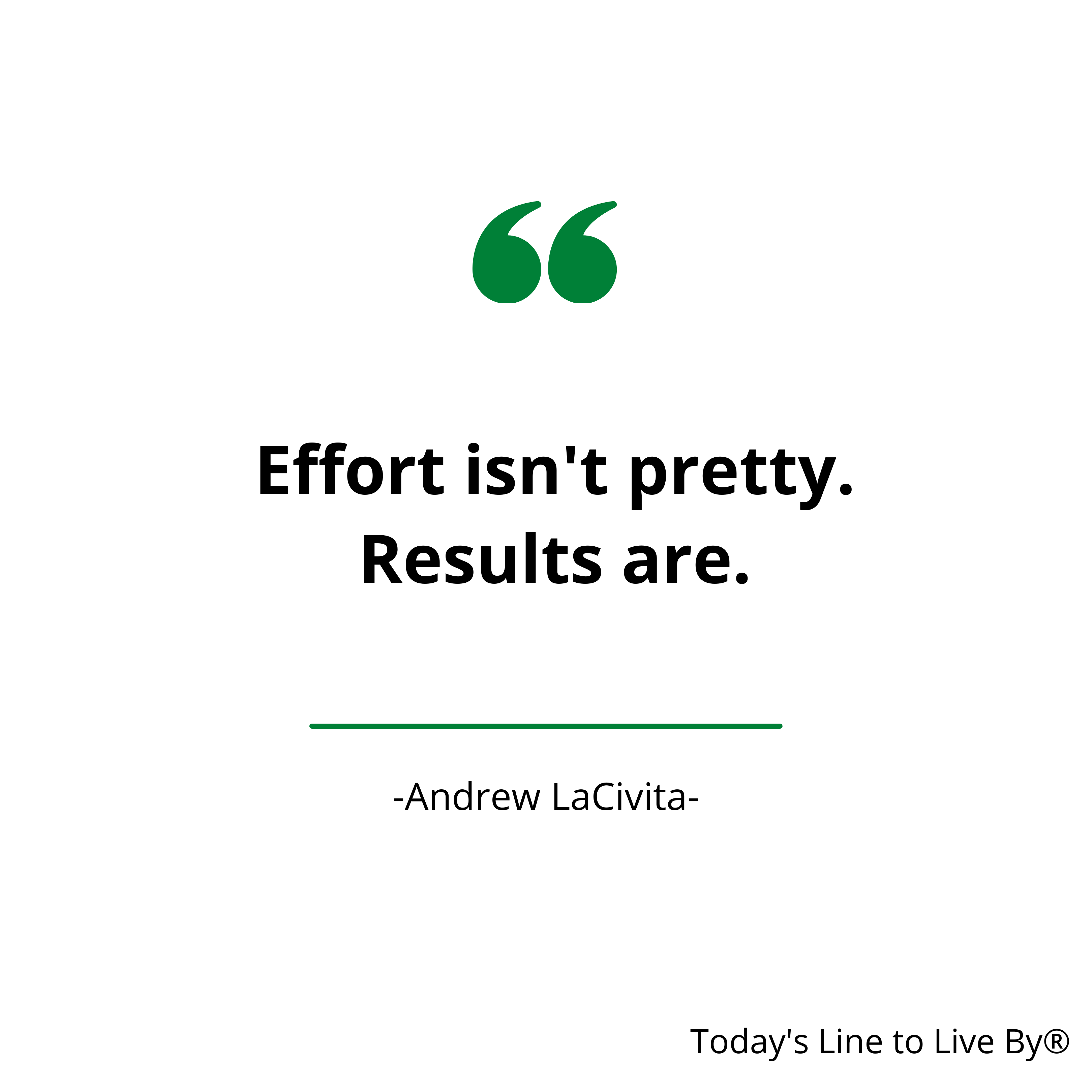
I have my career profile, career highlights and my first job on the first page of my resume. I can’t get my complete second job on the first page. It’s partially on the first page and the rest is on the second page. Should I start the second job on the second page and leave the blank space on the first page?
Jim, since you’re in the training programs, put these comments in the milewalk Academy portal. You’ll get faster response time. Go here and log into your account: https://www.milewalkacademy.com/login. Since you are an enrollee, you’ll get faster response time and support there! –Andy